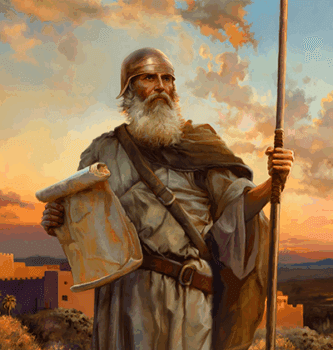
21 December 2025 | How do you distinguish injuries from an accident from signs of child abuse? For nearly 30 years, a specialized team from Loma Linda University Children’s Hospital have led forensic medical evaluations in suspected child abuse cases. Year after year, the Resiliency Institute for Childhood Adversity (RICA), has helped San Bernardino County […] Source: https://atoday.org/loma-linda-university-health-recieves-7-5-million-to-expand-child-abuse-evaluation-program/


